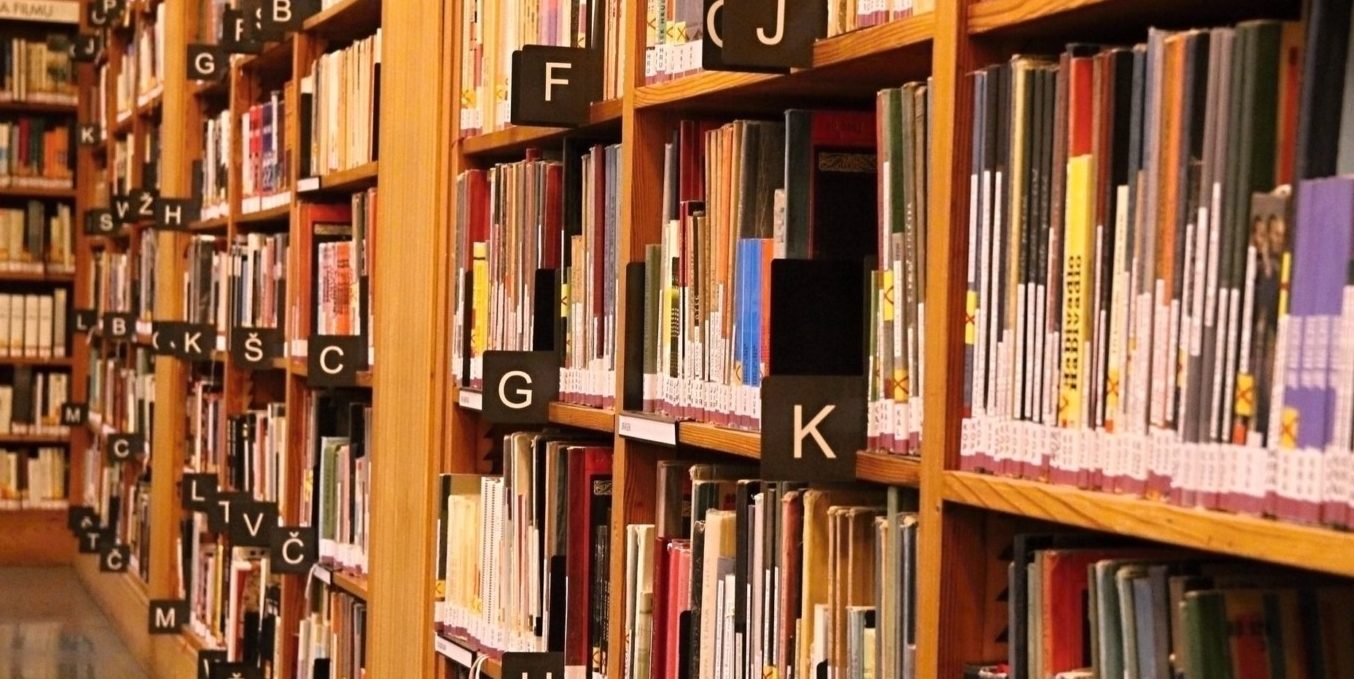Refugee tale wins Waterstones children’s book prize
2019 marks the 15th year of the Waterstones Children’s Book Prize. Voted for by booksellers, the award is dedicated to championing new and emerging talent in children’s writing. This year’s winner of the award is Onjali Q Raúf’s The Boy at the Back of the Class.
Inspired in part by the people and experiences the author encountered while working in refugee camps, Raúf tells the story of a class of primary school children who are joined by a new boy called Ahmet. Ahmet is a refugee child and over time he tells stories of his life, moving his classmates who eventually embark on an adventure to help him reunite with his family. The novel was also shortlisted for the Blue Peter Book Award 2019.
It’s a powerful illustration of the contemporary black experience in America and will ring true with many of its readers
This award for the Waterstones Children’s Book of the Year follows Angie Thomas’ The Hate You Give. Inspired by the Black Lives Matter movement, the novel deals with issues of inequality and police brutality. It’s a powerful illustration of the contemporary black experience in America and will ring true with many of its readers. The novel’s success has even inspired the its development into a hugely successful film adaptation in which Amandla Stenberg plays the main character, Starr.
What these two novels have in common is their ability to tackle difficult political and societal issues present in today’s world and articulate them in a way that is accessible to young people. This can often be a tricky thing to achieve successfully but Waterstones’ chief children’s buyer Florentyna Martin praised Raúf for achieving “an approach that is funny, upbeat and overwhelmingly open-hearted”.
Children’s books should not be dismissed as an inappropriate platform for topics that may be uncomfortable to discuss. In fact, today more than ever, it is important that children are made aware of issues in society which concern them. The context of a refugee child joining a class, as discussed in The Boy at the Back of the Class, is a likely reality for many children living in the UK.
It is important to steer children in the direction of empathy and encourage them to consider another person’s perspective
Children’s literature also supports the development of a child’s sense of moral values and understanding of the world. Particularly in today’s society where the influence of the media can be hugely influential to a child’s understanding of current events, it is important to steer children in the direction of empathy and encourage them to consider another person’s perspective. Books allow readers the opportunity to step into another person’s shoes and gain a different perspective on situations arising around them, inspiring compassion and understanding in young readers.
Characters can be influential in inspiring young people to be more aware of their actions and how they can impact other people. The figures in Raúf’s story “step out of the book with a warm smile” and are written to be positive role models. The characters within the novels can be read by children as figures to learn from and at times inspire them to follow their examples.
To argue that children are not an apt audience for these more challenging narratives is to underestimate them. As Raúf articulates, “children are not only capable of handling the story and the concept of a refugee crisis but they’re really eager to learn about it”. Children welcome stories that challenge them and introduce them to current events. We should encourage more of this kind of narrative and not deem the children’s genre outside the realms of discussing these issues.

Comments